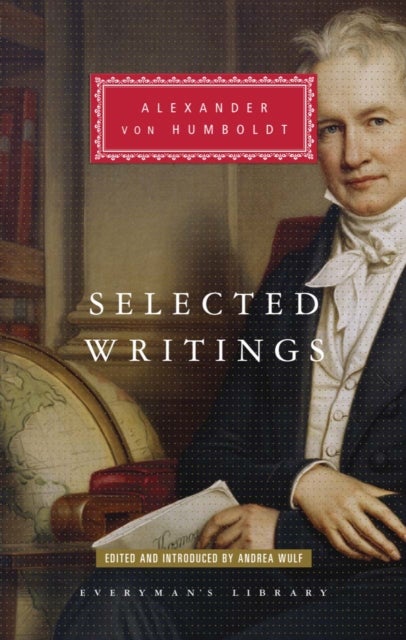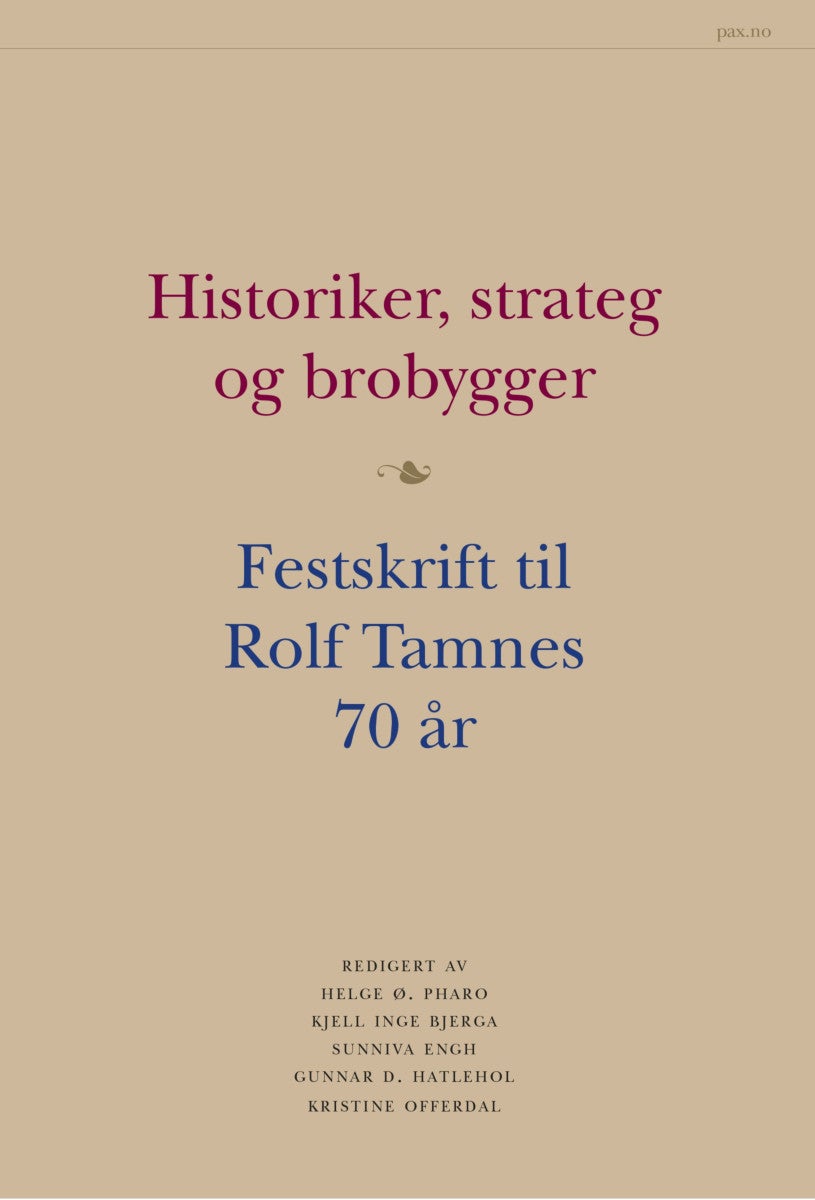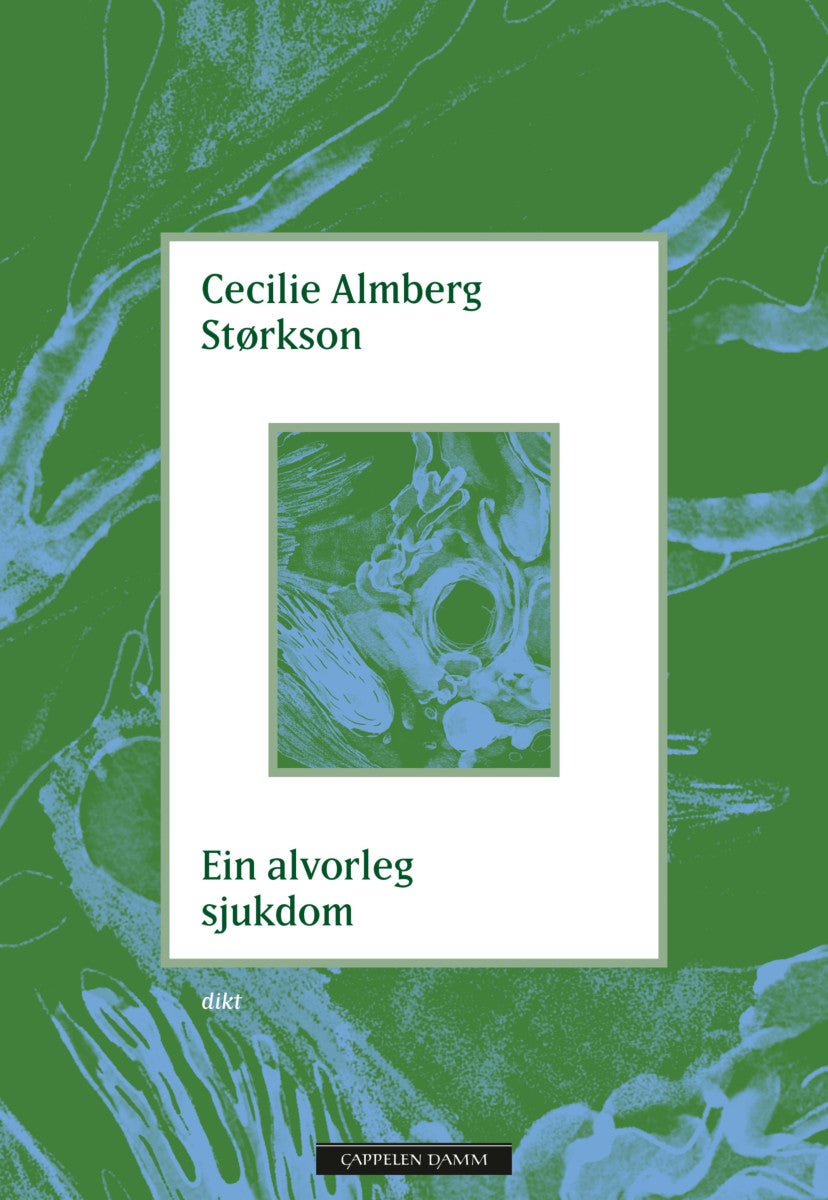
Selected Writings av Alexander von Humboldt
229,-
Humboldt (1769¿1859) was an intrepid explorer and the most famous scientist of his age. His life was packed with adventure and discovery, whether climbing volcanoes in the Andes, swimming with crocodiles, racing through anthrax-infected Siberia, or publishing groundbreaking bestsellers. Ahead of his time, he recognized nature as an interdependent whole and he saw before anyone else that humankind was on a path to destroy it. He was one of the first European to study the Inca, Aztec and Mayan cultures and his epic five-year expedition to Latin America (1799¿1804) prompted him to denounce slavery as ''the greatest evil ever to have afflicted humanity''. To Humboldt, the melody of his prose was as important as its content, and this selection from his most famous works - the <i>Personal Narrative </i>of his travels to Latin America,<i> Cosmos, Views of Nature, Views of the Cordilleras and Monuments of the Indigenous Peoples of the Americas</i>, <i>The Geography of Plants </i>and his anti-s








